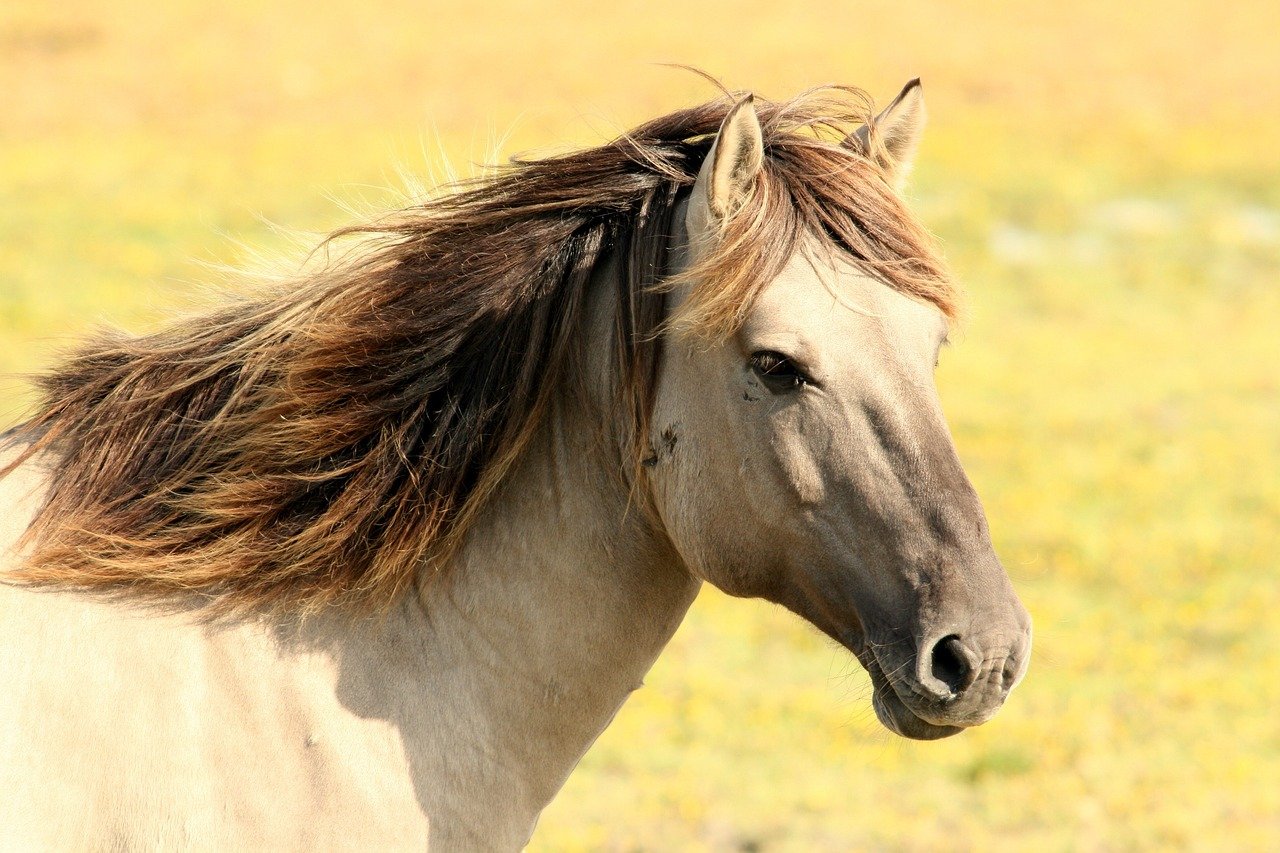Have you ever watched your horse and wondered, “Is something missing from their day?” Horses are incredibly intelligent and sensitive animals, and just like us, they crave stimulation and variety. A bored horse isn’t just a sad sight—it can lead to behavior problems and even health issues. Sometimes, the signs are so subtle that they’re easy to overlook, but once you know what to watch for, you’ll see your horse’s world in a whole new light. So, let’s dive in and explore the surprising, often hidden clues that your horse might be bored—and what you can do to bring joy and excitement back into their life.
Restless Pacing
Horses are intelligent, sensitive animals who thrive on mental stimulation, physical activity, and social interaction. When those needs aren’t fully met, boredom can quietly creep in—often showing up in subtle, easy-to-miss ways. While a bored horse might not seem like a pressing concern, chronic boredom can lead to stress, unwanted behaviors, and even health issues over time.
When a horse starts pacing back and forth in their stall or along the fence line, it’s a big red flag for boredom. This repetitive movement, called “stall walking,” is not just a quirky habit—it’s a cry for mental stimulation. Horses are meant to roam and explore, so being cooped up in a small area with nothing to do can make them anxious and fidgety. You might notice your horse wearing down a path or constantly turning in circles. It’s heartbreaking to see, but thankfully, it’s one of the most obvious signs you can act on. Try giving your horse more turnout time or adding obstacles in their paddock to create a more engaging environment.
Excessive Chewing
Does your horse nibble on fences, buckets, or even their own stall door? Chewing on non-food objects, often called “wood chewing” or “cribbing,” is a common sign of boredom. Some horses chew to relieve stress or simply because they have nothing better to do. It’s like a person biting their nails when they’re anxious or bored. Not only can this damage your property, but it can also hurt your horse’s teeth and gums. To help, offer safe toys, salt licks, or treat balls that encourage natural foraging behaviors and keep their mouths busy in a healthy way.
Repeated Pawing
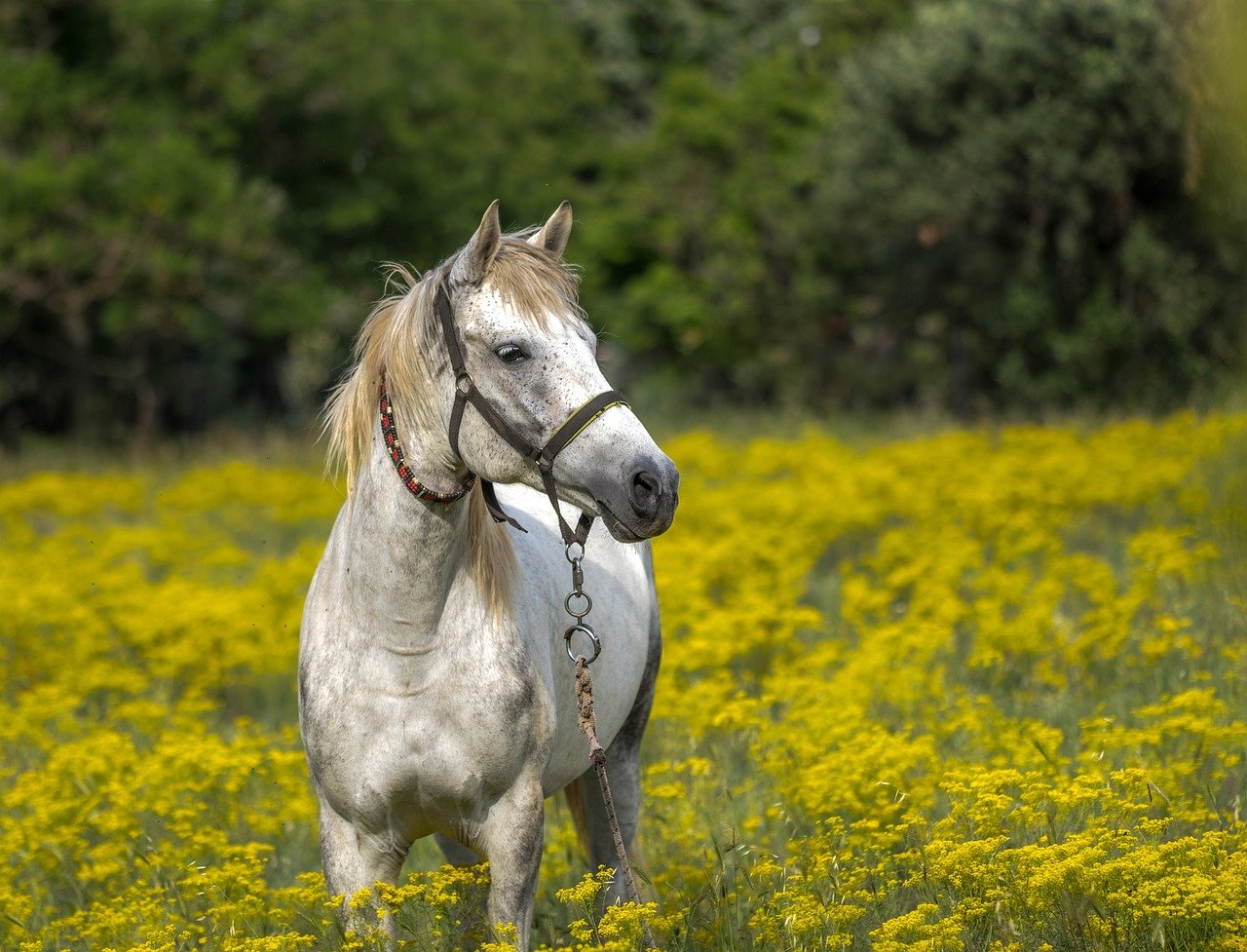
Horses sometimes paw the ground when they’re frustrated or bored. This can look like them scraping at the stall floor or digging holes in their paddock. While pawing can occasionally signal impatience (like waiting for food), persistent pawing is often a sign of boredom. Over time, this behavior can lead to hoof or leg injuries and create dangerous holes in their living space. Providing puzzle feeders or hiding treats in their bedding can make mealtimes more interesting and give your horse something positive to focus on.
Destructive Behavior
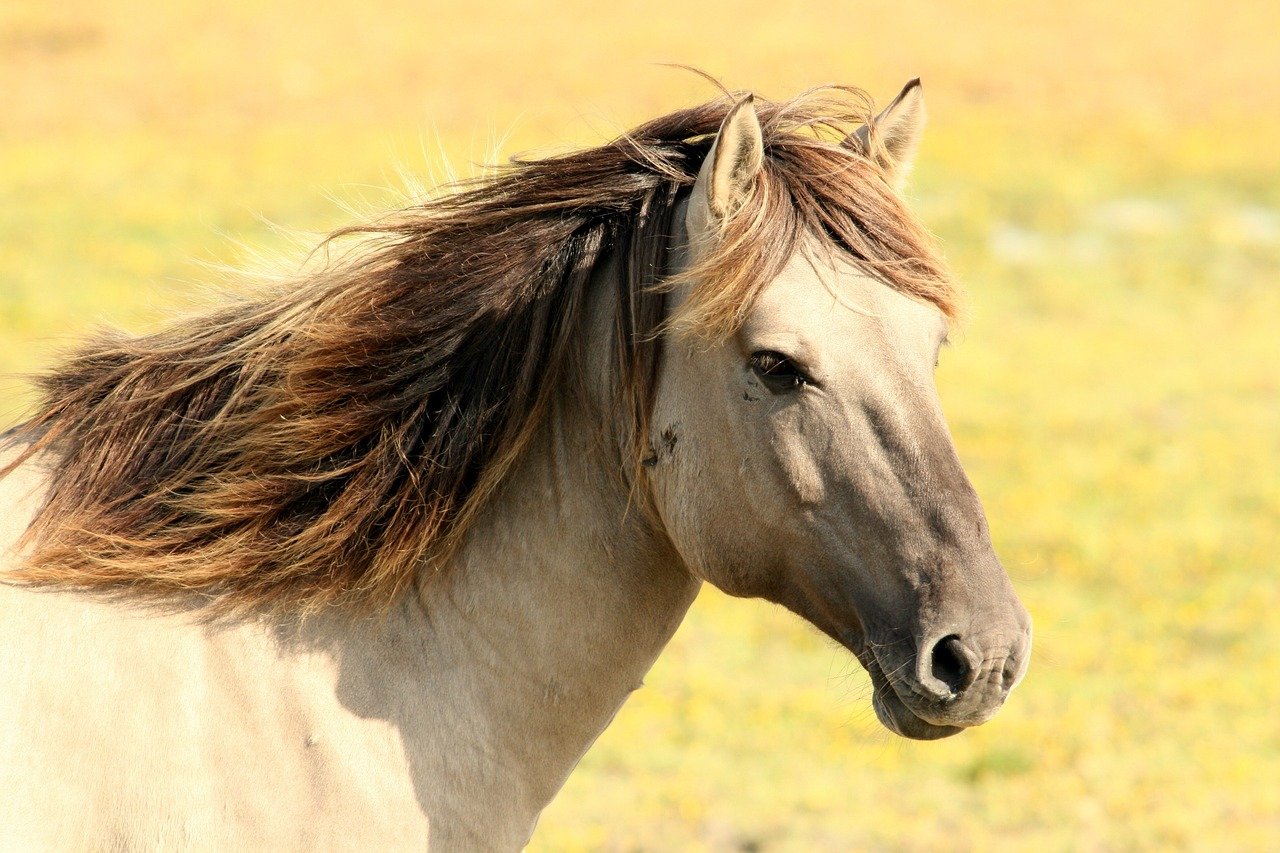
A bored horse will often look for ways to entertain itself, even if it means being a bit destructive. You might come out to the barn to find buckets knocked over, blankets torn, or feed bins thrown around. This isn’t your horse being naughty on purpose; it’s their way of saying, “I need more to do!” Horses that have enough mental and physical stimulation are far less likely to resort to destruction. Rotate toys, use treat dispensers, and change up their environment often to keep things fresh and exciting.
Lack of Interest in Surroundings
One of the most subtle signs of boredom is a horse who seems disinterested in everything. Instead of perking up when someone walks by or investigating new things, they just stand there, looking dull and lifeless. This withdrawn attitude is your horse’s way of shutting out the world because nothing excites them anymore. It’s a sad sight for any horse lover. To reignite their curiosity, introduce new objects to their environment, such as traffic cones or safe mirrors, and spend extra time interacting with them through grooming or groundwork.
Weaving
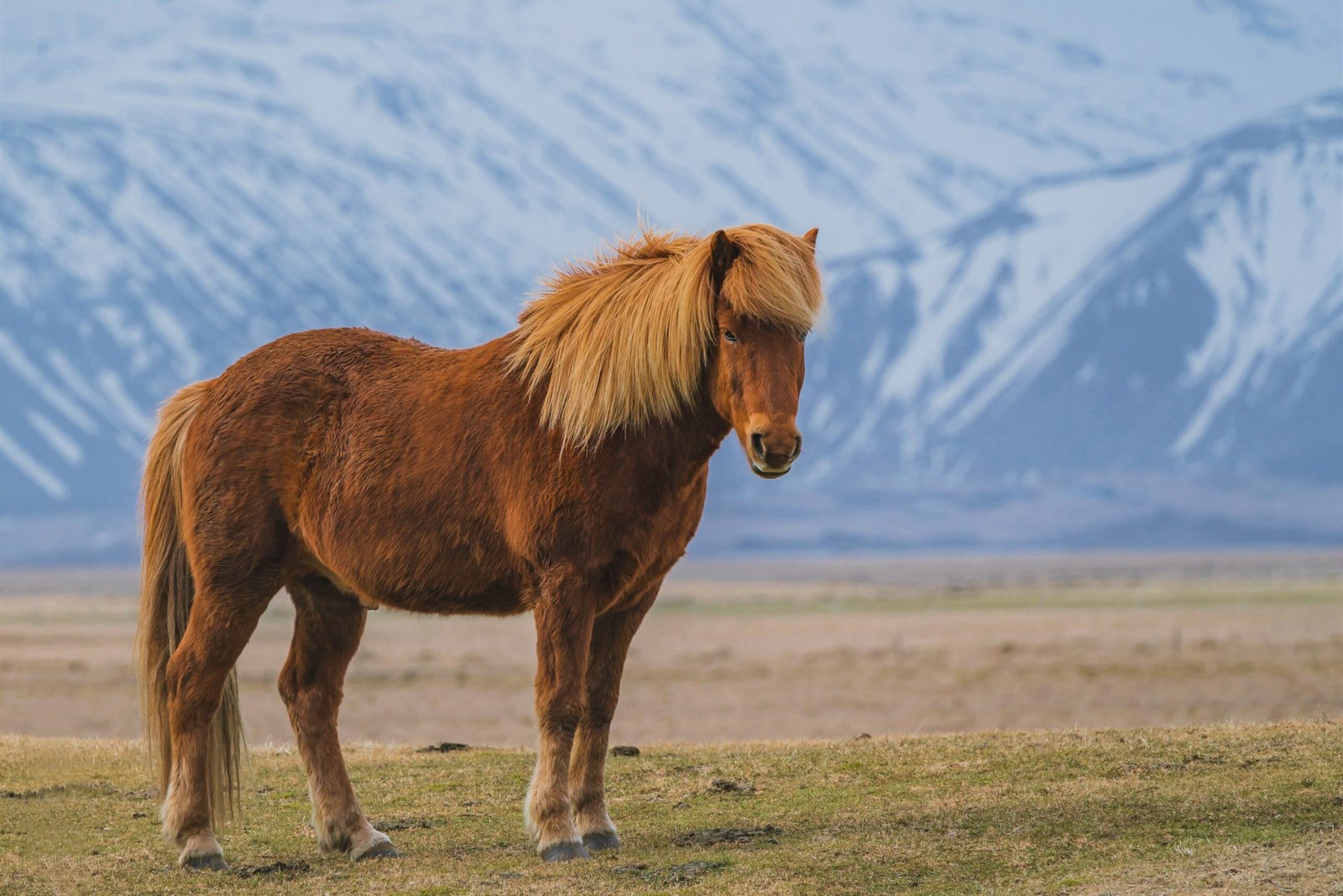
Weaving is when a horse shifts its weight from side to side, often swinging its head and neck in a repetitive motion. It’s a classic stall vice that screams boredom. Horses might weave in their stalls or even at the gate, and while it might look harmless, it can lead to joint problems and uneven hoof wear. More turnout time, social interaction with other horses, and the use of stall mirrors can help reduce this behavior by making your horse’s world more stimulating and less lonely.
Overreacting to Small Stimuli
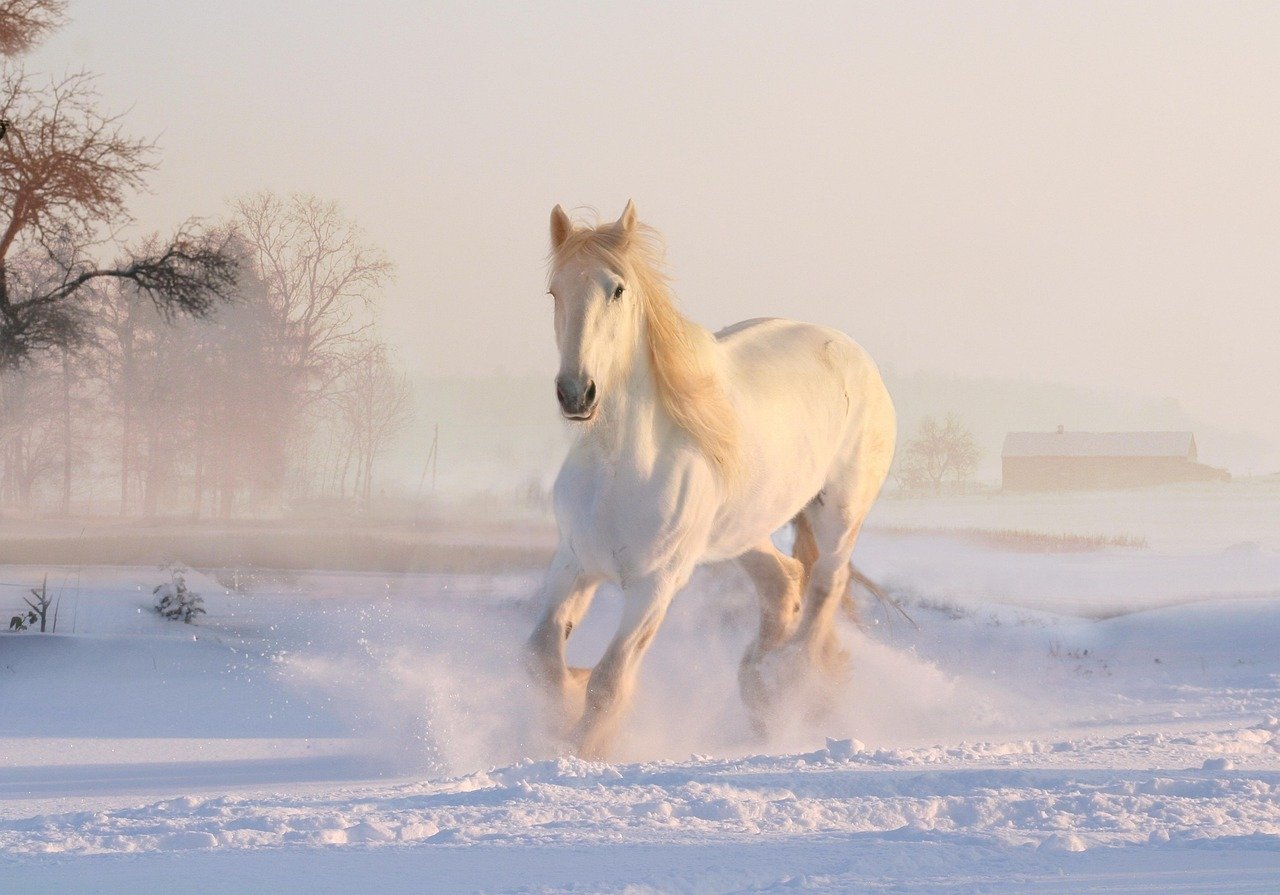
A bored horse may suddenly become overly sensitive or “spooky” about things they’d normally ignore. A gust of wind, a fluttering leaf, or a simple noise can set them off. It’s as if they’re desperate for something—anything—to break up the monotony. When horses aren’t mentally engaged, their minds can go looking for excitement in all the wrong places. Regular training sessions, trail rides, or even simple groundwork exercises can help channel that excess energy in a positive direction.
Frequent Yawning
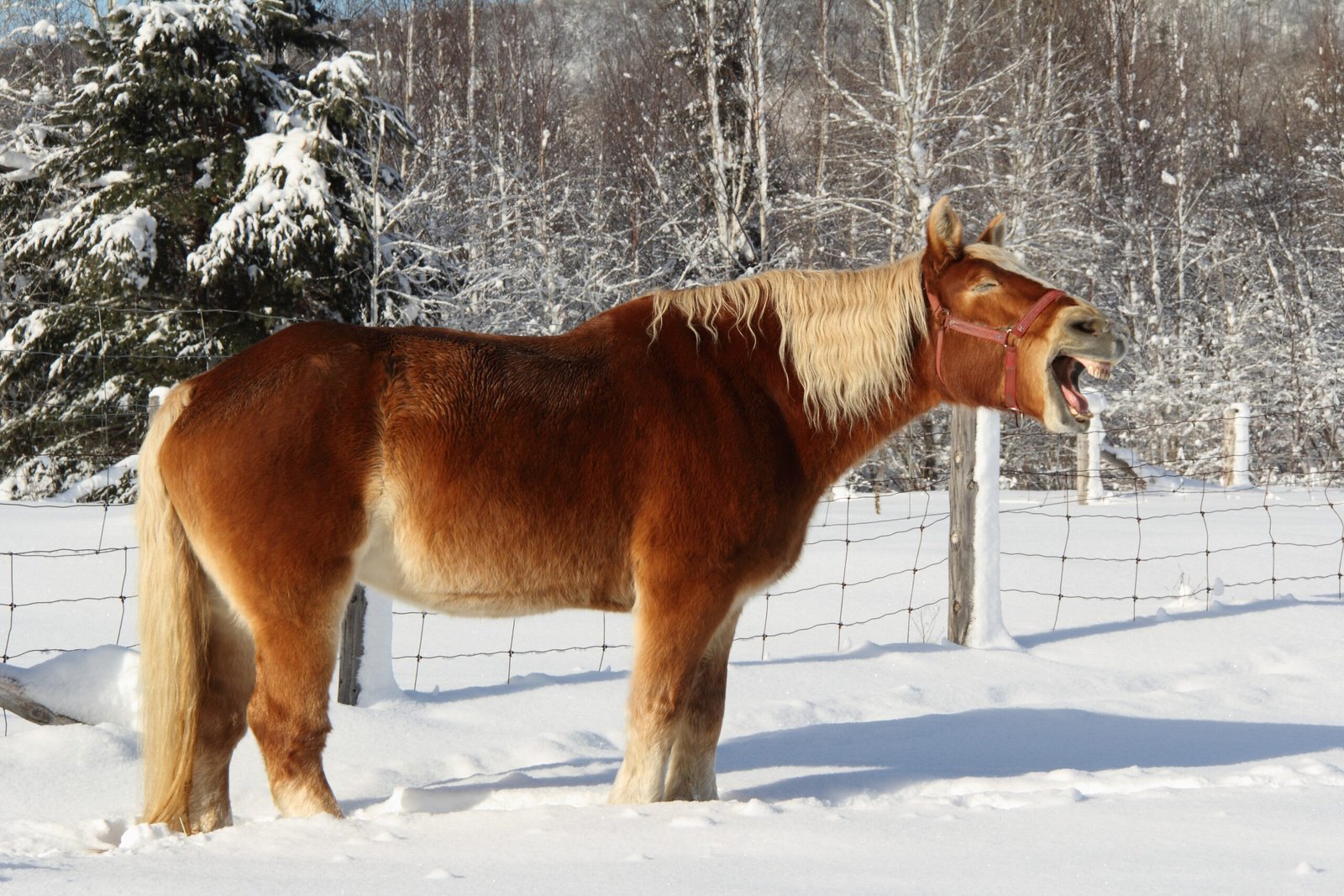
It might sound strange, but excessive yawning in horses is often linked to boredom or frustration. While an occasional yawn is normal, constant yawning can be their way of coping with a dull routine. Think of it as your horse’s version of sighing when they’re tired of the same old, same old. Mixing up their daily routine, teaching new tricks, or adding varied activities can break the cycle and make life more interesting for your equine friend.
Attention-Seeking Noises
Some horses start making more noise when they’re bored—whinnying, banging on the stall door, or even squealing. It’s their way of saying, “Look at me!” or “Please do something with me!” These noisy outbursts are often more about needing attention than anything else. Respond by spending more quality time with your horse, whether that’s grooming, hand-walking, or teaching fun, simple commands. Sometimes, a little extra interaction is all it takes to quiet a bored horse’s mind.
Overeating or Food Obsession
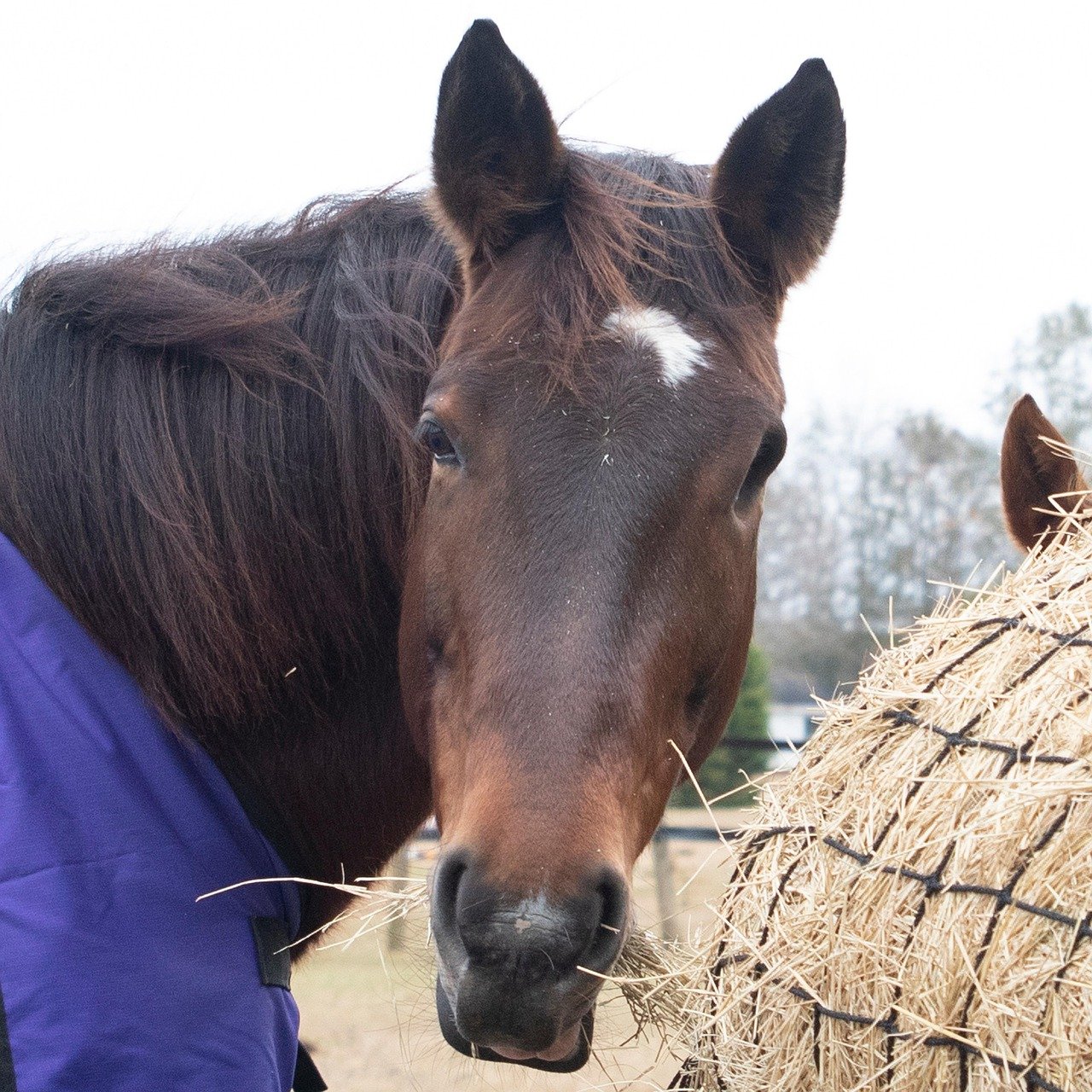
Just like people, some horses eat out of boredom. You might notice them constantly searching for food, overeating hay, or obsessing over their next meal. This can quickly lead to weight gain and health problems like colic or laminitis. To combat this, use slow feeders or hay nets to make meals last longer and encourage natural foraging. Scatter hay in multiple small piles or use treat puzzles to satisfy their urge to search and nibble.
Loss of Enthusiasm for Work
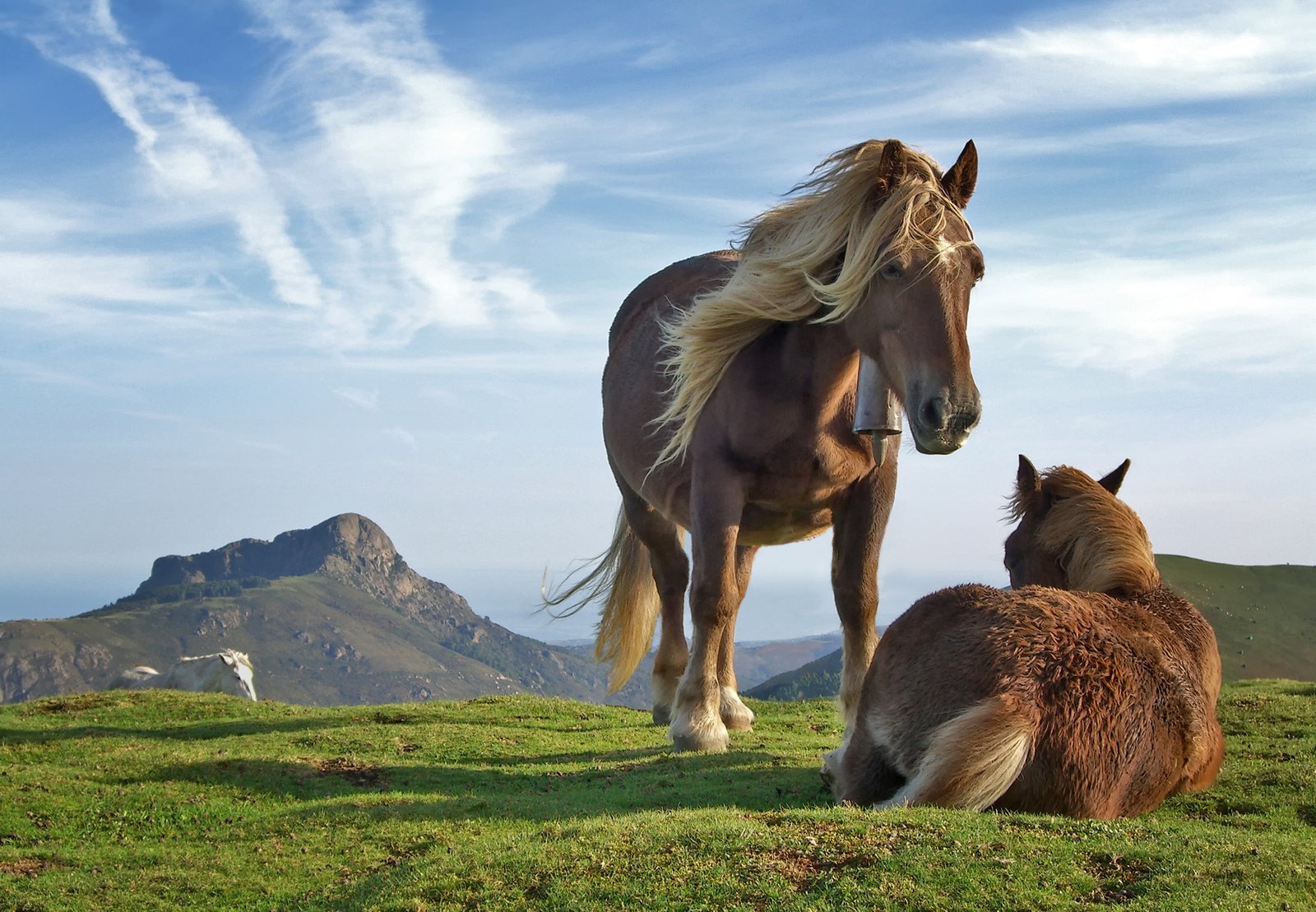
If your horse suddenly seems uninterested in riding or training sessions, boredom could be the culprit. They may move sluggishly, resist commands, or seem generally unmotivated. This lack of enthusiasm can be discouraging for both horse and rider. Changing up your riding routine, exploring new trails, or learning different disciplines can rekindle your horse’s excitement and strengthen your bond.
Overgrooming or Self-Mutilation
One of the most distressing signs of boredom is when a horse starts overgrooming themselves or even biting at their own skin. This is usually a last resort when all other attempts to relieve boredom have failed. It’s a heartbreaking sight and a serious welfare concern. Enriching their environment with toys, providing social time with other horses, and offering plenty of turnout can help break this destructive cycle and return your horse to a happier, healthier state.

